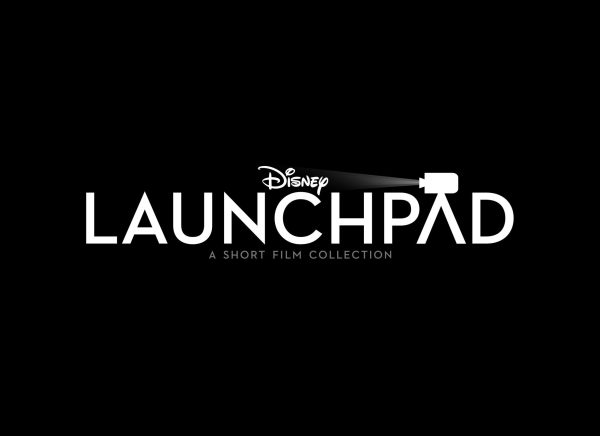July albums: Jay Z narcissistic but but “on top,” Hawthorne shines a light on R&B
July 23, 2013
While most July albums will cause you to cut your headphones with scissors, these two albums will force you to tape them back together.
‘Magna Carta…Holy Grail’ by Jay Z
Jay Z is a marathon runner of the rap industry. Active since 1986, the 43-year-old Brooklyn native has come a long way from selling his first album in his car.
Recently, the rapper with a net worth of half a billion dollars spends money wisely in music production. Timbaland produced the majority of this diverse and powerful album.
“… This is the best Jay Z album [thus] far. I told him, I said, ‘All the “Blueprint,” all … those were good. But this is your first, first big album for the new millennium,” Timbaland said in an interview with Revolt TV.
The biggest flaw in this album is the narcissistic lyrics. I agreed with Rolling Stone’s Simon Vozick-Levinson when he wrote, “Jay Z sorts through his mixed feelings about celebrity, then cheers himself up by itemizing the awesome things he owns.” His angry then vain lyrics portray his powerful image with a rather dark tone.
Although cocky lyrics overlap throughout the album, no two songs sound alike. The diverse array of musicality with the perfect amount of 808 bass put this album on top.
‘Where Does This Door Go’ by Mayer Hawthorne
The soulful, enthusiastic tracks on “Where Does This Door Go” shine a bright light toward the fading genre of R&B. This quality album is proof singer Mayer Hawthorne is an advocate of musical improvement. His vocal journey has been an explorative road, but Hawthorne’s falsetto range is much stronger than in previous albums.
The musicianship is impressive beyond Hawthorne’s voice. The Steely Dan-influenced singer collaborated with skilled instrumentalists, including guitarist Harlan Silverman on “Reach Out Richard.” On the CD commentary, Hawthorne said, “We sent…that song to Harlan over the Internet…and he sent that guitar back like an hour later and it was…it was perfect. We didn’t change a note.”
The lyrical depth adds an emotional layer. The album derives from California influences, frustration with the police and a personal story about his father.












